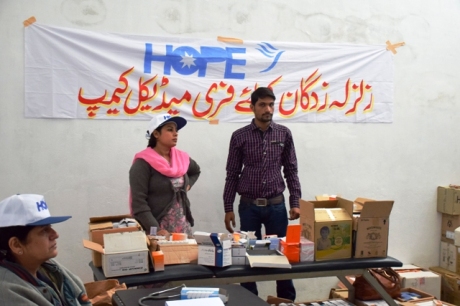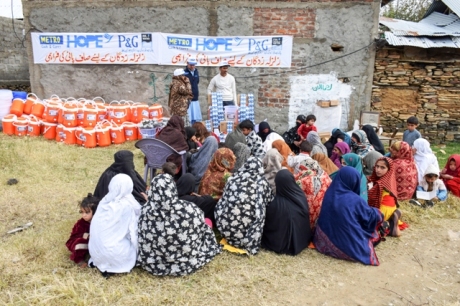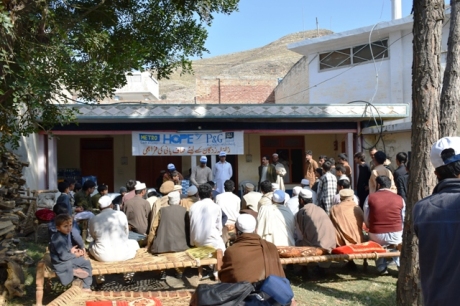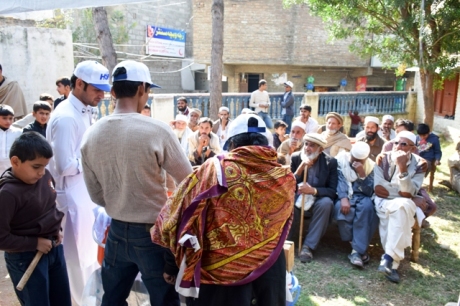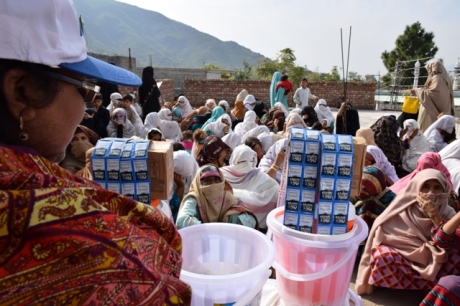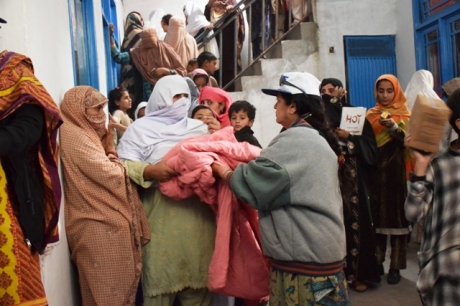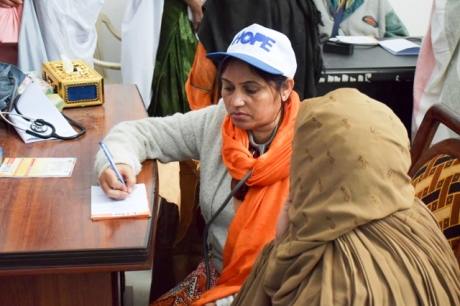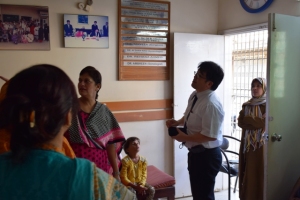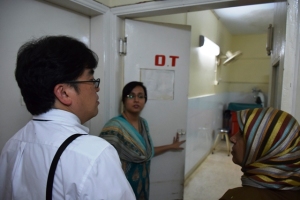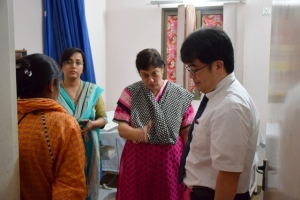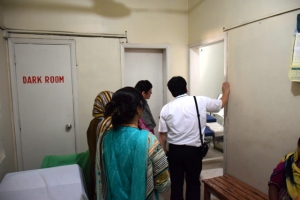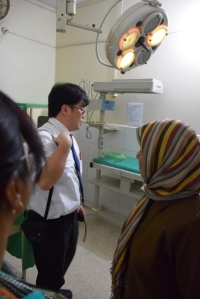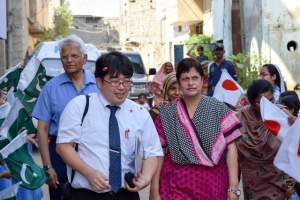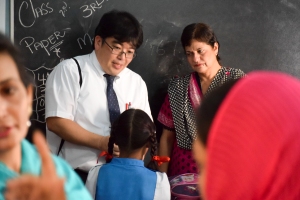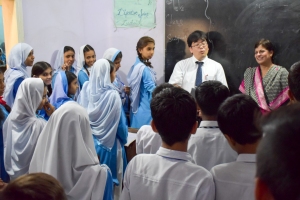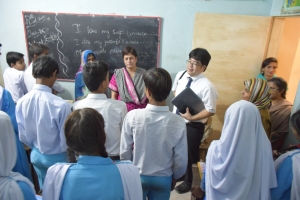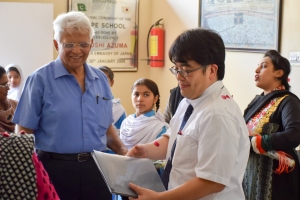HOPE, an education related NGO in Pakistan, http://www.hope-ngo.com/Education/NorthernPakistanHomeSchools.aspx attended the meeting along with several other organizations including the heads of Civil Hospital Karachi, Jinnah Hospital, Abbasi Shaheed Hospital and several other Hospitals based in Karachi and different cities of interior Sindh..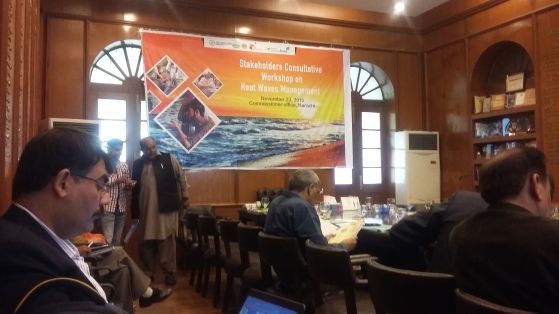

Once again the “LEAD” team members gave presentations on how they along with the Indian Gujrat Government have very successfully managed the heatwaves since the disasters of 2003 and 2006 by implementing early warning systems and that bring into motion a whole mechanism of disaster management – something they want to replicate here in Pakistan.The discussion first revolved around how the temperatures were extremely high during last Ramadan and how its intensity persisted for the first ten days without any let up. And this scenario is very much expected to persist during the next summer season particularly during the Ramazan.
All the hospitals’ representatives advised how they planned to cope with such a calamity should such a situation, although they did admit that they were ill-prepared for the situation.
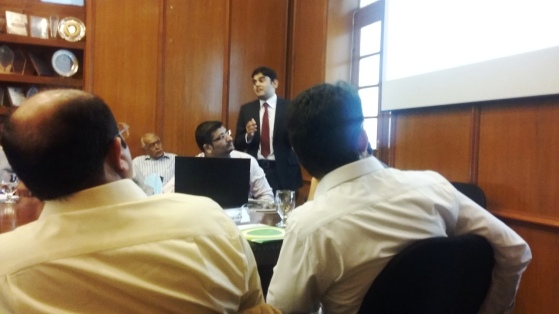
However,there were disagreements amongst the participants as they could not figure out exactly who the stakeholders of such program really were and how could they be integrated at the time of exact need to perform as the French do or the Gujrat government did.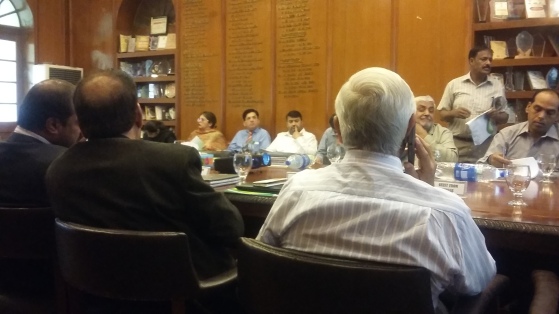

The other organizations including HOPE, an education and Health related NGO in Pakistan, http://www.hope-ngo.com/Health/MaternalChildCenter.aspx advised the participants how they could provide mechanism of providing advanced awareness of such situations and teach and provide essential information as to how to cope should such a disaster occur in the future.
Grumblings of not taking all the right stakeholders on board continued and the dispute of disbursement of funds still being held back and not extended to the stakeholders especially to the larger public hospitals who shoulder the major responsibilities looking after more than 90% of the affected victims was voiced by several participants – and many agreed to their points of view.
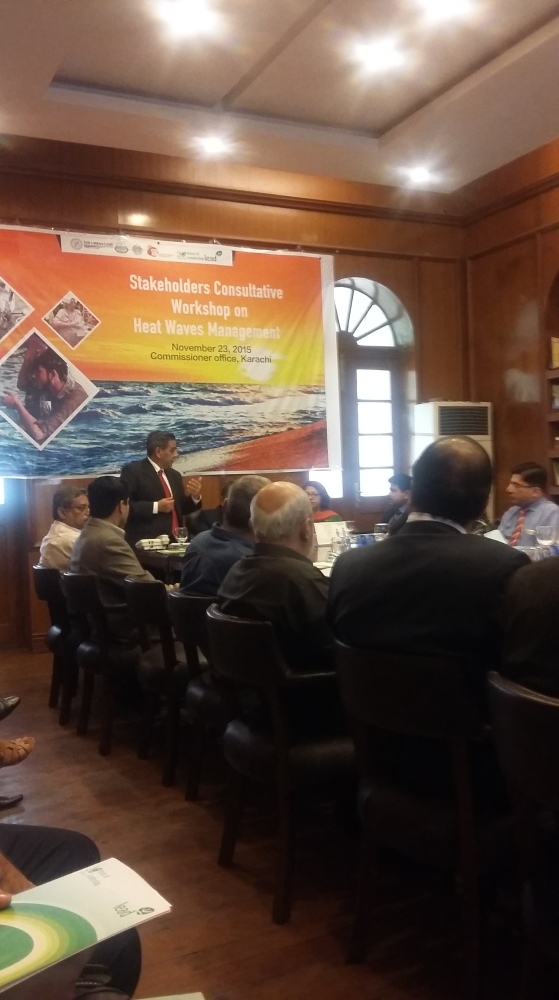
As always particular attention was given by Dr Mubina Agboatwalla, child specialist in Karachi, http://www.drmubinaagboatwalla.com/child-specialist-karachi/ who set up teams and instructed them to be ready and fully prepared and come into immediate action as and when needed.
